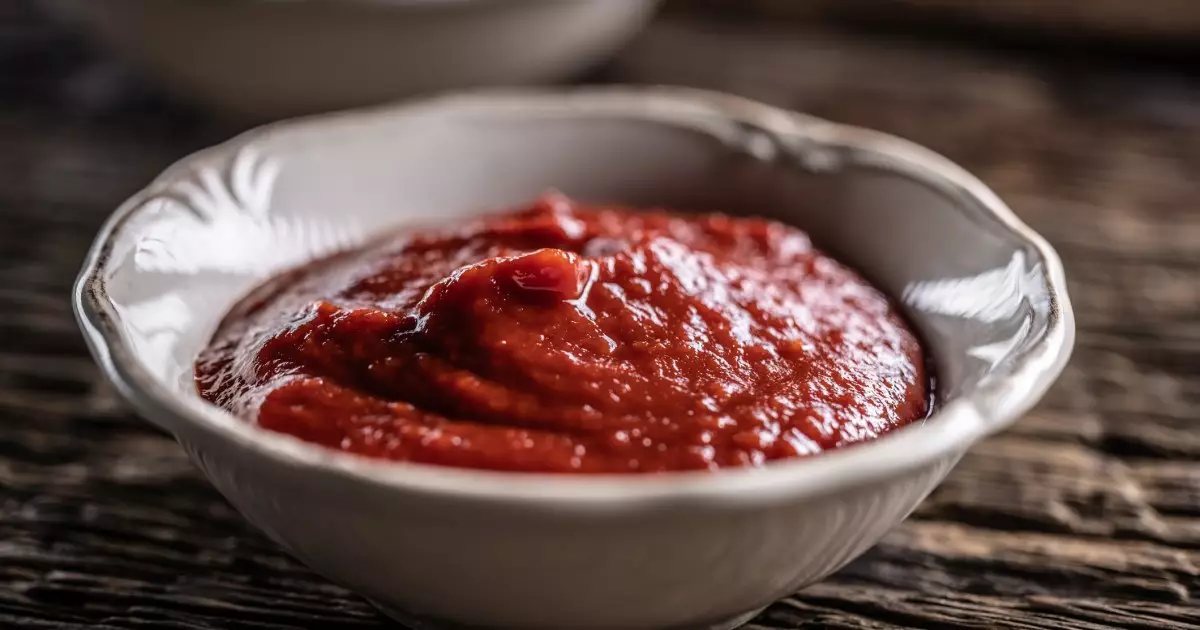When it comes to the diets of our four-legged companions, it’s essential to tread carefully. Many dog owners often find themselves tempted to share their meals with their pets, and condiments like ketchup inevitably come into play. While a brief encounter with ketchup may not result in immediate harm, the potential risks lurk beneath the surface. Ketchup, despite its tomato base, often harbors hidden ingredients that can jeopardize a dog’s health. In this article, we’ll delve into why it’s best to establish a hard boundary between your plate and your pooch.
Tomato and Its Companions: A Careful Approach
Tomatoes, the main component of ketchup, are generally safe for dogs in moderation, provided they are fully ripe and devoid of any leaves or stems. However, the real trouble arises from what these commercial ketchup products usually contain: garlic powder and onion powder. Both ingredients are notorious for their toxicity in dogs, as they can lead to severe health complications.
Garlic and onions can wreak havoc on a dog’s red blood cells, leading to conditions such as hemolytic anemia. Commonly, infused within the delightful taste of ketchup, these ingredients can easily be overlooked by pet owners who might not be familiar with their toxicity. Therefore, sharing ketchup might seem harmless, but the consequences can be dire.
Hidden Dangers in Store-Bought Ketchup
Most store-bought ketchups are high in sugar and sodium as well, which can contribute to obesity and other health issues in dogs. Even if a dog seems to enjoy the taste initially, the long-term effects on their well-being could be harmful if these unhealthy ingredients become a regular part of their diet. Since dogs thrive on balance and nutrition, it is vital to avoid the pitfalls of processed foods.
If you often find your furry friend begging for a taste of your food, consider alternative snacks that are both delicious and safe. Fresh veggies like carrots or small pieces of apple can be more suitable choices. If the urge to share ketchup is too strong, there are natural varieties available that omit harmful ingredients like garlic, onion, and added sugars.
Monitoring Your Pet: What to Watch For
Should your dog accidentally ingest ketchup, it’s critical to keep an eye on their condition. Symptoms like weakness, lethargy, and alteration in appetite could indicate distress. While a minor lick may not cause an immediate reaction, if you notice your dog exhibiting unusual symptoms over time, don’t hesitate to reach out to your veterinarian. An ounce of prevention is worth a pound of cure, especially concerning a beloved pet’s health.
While sharing the occasional treat with your dog can be a bonding experience, it’s crucial to ensure those treats don’t jeopardize their health. Emphasizing safe choices over convenience may require a little extra effort, but the satisfaction of providing your dog with safe and healthy options will be well worth it in the end.

